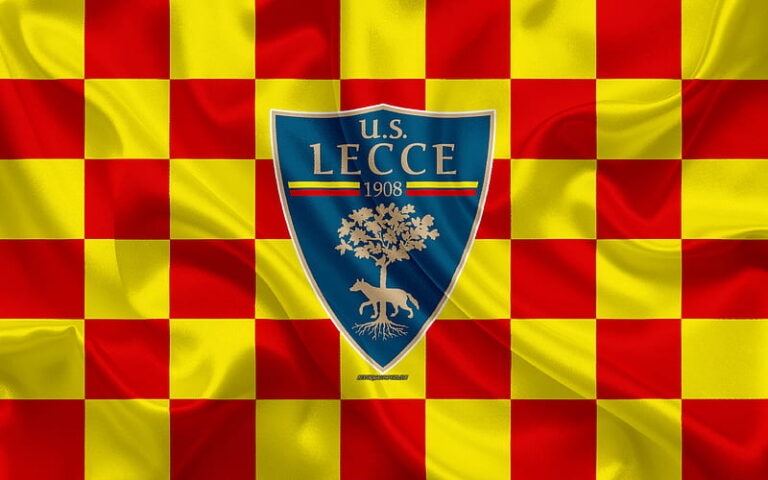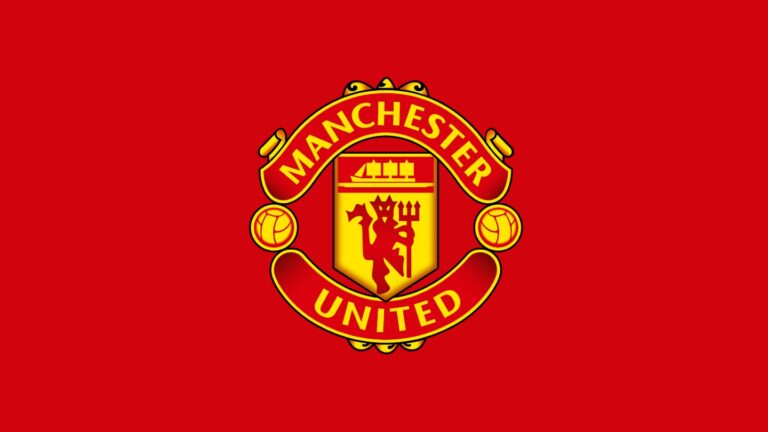
The Rich History of Wolverhampton Wanderers FC
Wolverhampton Wanderers FC, often referred to simply as Wolves, is a professional football club based in Wolverhampton, England. Founded in 1877, the club has experienced a rollercoaster journey through English football, intertwining its fate with the rich tapestry of the sport itself. With a history that boasts remarkable achievements, passionate fandom, and memorable rivalries, Wolverhampton Wanderers FC stands as a testament to the spirit of football in England.
History of Wolverhampton Wanderers FC
The history of Wolverhampton Wanderers FC is both fascinating and multifaceted, reflecting the broader narrative of English football. From its humble beginnings to its evolution into a prominent force in English football, the club’s journey is characterized by resilience, ambition, and a deep-rooted connection to the local community.
Establishment and Early Years
Wolverhampton Wanderers FC was founded in 1877 by a group of local cricketers under the name St. Luke’s. The team quickly transitioned into football, adopting the new form of the game that was sweeping across the nation. The club changed its name to Wolverhampton Wanderers in 1889, and it became one of the founding members of the Football League in 1888.
In these early years, Wolves focused on building a competitive squad and establishing themselves in the local leagues. They played their matches at Dudley Road before moving to Molineux Stadium in 1889, which remains their home ground to this day. The stadium’s capacity and facilities evolved over time, reflecting the growing popularity of the club.
Achievements in the Early 20th Century
Wolves began to establish themselves as a formidable presence in English football during the early 20th century. The club won its first FA Cup in 1908 and followed up with another victory in 1949. These wins marked the beginning of a legacy that would see Wolves competing at the highest level of English football.
The club’s success was not limited to domestic competitions; they also made strides in European competitions. In the 1950s, Wolves gained international recognition after playing distinguished matches against top European clubs like Honvéd and Schalke. Their performances established Wolves as pioneers of English football on the continental stage.
Post-War Era and Resurgence
After World War II, Wolverhampton Wanderers entered a golden era, dominating English football in the late 1950s and early 1960s. Under the management of Stan Cullis, the club won three league titles and enjoyed an impressive run in European competitions. The club’s style of play, characterized by skillful attacking football, garnered them a devoted following and allowed them to capture the imagination of fans across the country.
However, following this period of success, the club faced challenges in maintaining its status. The 1970s and 1980s proved turbulent times for Wolves, with relegation to lower divisions impacting both the club’s performance and its financial stability. A lack of success during this era led to a decline in attendance and support, raising concerns about the club’s future.
Wolverhampton Wanderers FC: Key Achievements
Wolverhampton Wanderers FC’s storied history is punctuated by numerous key achievements that not only highlight the club’s greatness but also reflect its standing in English football.
Domestic Success and Trophies
Wolves have secured multiple significant trophies throughout their history, including:
- FA Cup Wins: The club has clinched the FA Cup three times (in 1949, 1960, and 1980), showcasing their ability to rise to the occasion in knockout formats.
- League Championships: Wolves have enjoyed success in the English First Division (now known as the Premier League) on several occasions, making them one of the most recognized teams in top-flight football.
These accomplishments are a source of pride for the club and its supporters, cementing Wolverhampton Wanderers FC as a historical heavyweight within English football.
European Ventures
Wolverhampton Wanderers FC has also etched its name in European competition history. In the 1950s, the club participated in various European tournaments, facing off against elite teams from around the continent. One of the most memorable moments came when they faced Hungarian side Honvéd, a match that was pivotal in promoting European competition in football.
The club’s participation in Europe, particularly in the European Cup and UEFA competitions, highlights their competitiveness on an international scale. Wolves’ historic encounters continue to resonate with fans and evoke memories of thrilling footballing triumphs.
Community Engagement and Social Impact
Beyond just on-pitch successes, Wolverhampton Wanderers FC has been a beacon within the local community. The club has consistently promoted social initiatives, youth development programs, and charitable endeavors that exemplify its commitment to giving back to the people of Wolverhampton.
Through community outreach projects and partnerships with local organizations, Wolves have fostered a sense of belonging among supporters and ensured that the club’s impact extends far beyond football.



